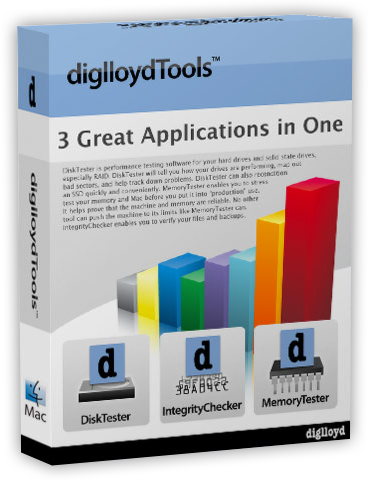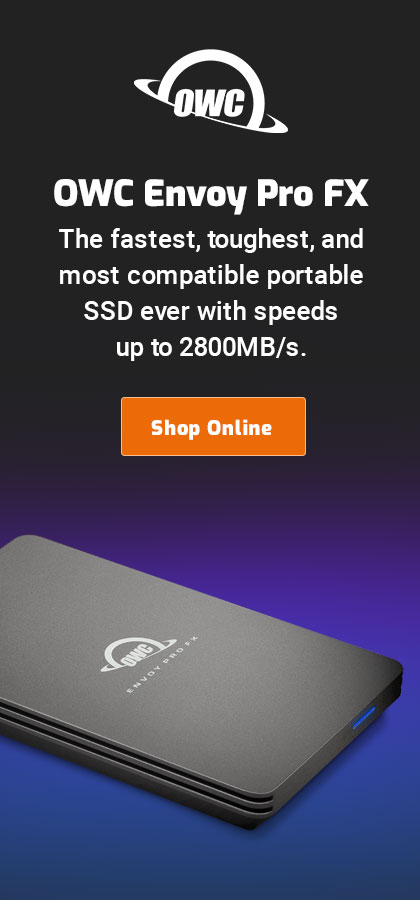Reader Comment: Avoid “Upgrades”, Stick with What is Proven
Reader Jose S writes:
Just to add my two cents to your endless list of issues with MacOS and Macs in general. I've been using Mac computers since the very appearance of MacOS X. OS upgrades were not frequent and they costed money. Upgrading was a no-brainer: it just worked. I did that until Lion appeared. It looked very nice and it promised a lot of UX functionalities that seemed useful. And the upgrade was not expensive. I bought it. It was a mistake. My first MacOS system crash screen appeared with Lion. It was the dreaded MacBook Pro Graphic card issue that was never recognized as such by Apple. They always did the same: logic board switch (charging for it, of course) and never recognized it was a software issue. "Downgrading" to Leopard did the trick for a while until software stopped being compatible. Bought a new MacBook Pro.
Found this site. Understood I was not alone. Since then I have several rules that I've either learned from this site or this site has reinforced:
1- Backup often. Do not trust backups. Verify them as often as you make them. I use Integrity Checker. It was worth every penny. Thanks for that.
2- Never upgrade your MacOS unless you really need it. There is no "6-month delay". There is no "1-Year delay". Just don't unless you can afford to lose your workstation stability and eventually spend days trying to go "back to normal"
3- If you MUST upgrade because your software does not support your current version anymore, do so trying to stay at least one version behind. There is a corollary to these two rules put together. DO NOT use Apple software unless absolutely needed because they force you to "upgrade". If you need Apple software you should seriously think about putting it on a separate machine. Believe me, it's worth every dollar you spend in that double setup.
4- Do NOT buy AppleCare for your everyday machine (assuming you don't "upgrade" unless you absolutely need it) AppleCare used to be a must for me before Lion. Now it's a waste of money (lots of money) and you have absolutely no guarantee it will solve your issues when you eventually have them.
5- Do NOT buy the latest Apple hardware for your everyday toaster. Go for the second-hand market. Go OWC for used Macs. They have better deals and you will save a lot of money to follow the last part of number 3.
My current setup consists of a 2015 MacBook Pro (for work) running Sierra ("low Sierra") and my personal 2011 MacBook Pro (which I call "the last real laptop Apple made") running Mavericks and using Data Doubler and VMWare Fusion to run several Windows and Linux VMs for software development. First-generation Mac Mini for media server running Leopard. Never upgraded. I don't plan to buy anything new from Apple until my current machines die, and in that case, I will definitely try to replace them with something similar. I don't plan to go Apple Silicon. I don't plan to use any Apple development tools unless I need them. Some teammates use XCode for software development (they develop for iOS) so I have some new machines with just XCode, no 3PS, no mail, no nothing there. If those machines die, we can always buy a new one, install XCode and get going again without having to worry about anything else.
Thank you very much for this site and for your software tools. I use IntegrityChecker every day and it's an invaluable tool to keep trust in my backups.
MPG: pretty much on the nose. Developer machines can sometimes get by with older/slower Macs, but 16GB can get really tight. It all depends on what the tasks are. So you might have to upgrade and take the hits.
As for macOS versioning I agree: once a workflow is established, stick with it and never again do a major OS upgrade. Keep it as a “toaster” as long as it runs. That’s the only way professionals should operate: new OS only with a new machine. Exceptions abound, but don’t break that rule without strong reasons.
AppleCare
Good advice, but repair costs are scary expensive if it gets into a display or logic board. And laptops have a fairly high failure rate. So I strongly advise AppleCare for all but the cheapest laptops. And definitely for any machine $2500 on up.
It’s a question of risk assessment vs cost: as the cost of the Mac hit $2000 on up, AppleCare is an increasingly good deal for the risks, because the cost of AppleCare relative to the price of the Mac keeps decreasing. For lower end machines it’s a rip-off, as it forms a too-high percentage of the cost, but by the time you get to $2500, it’s down to 15% and keeps dropping from there.
Shame on Apple for charging premium prices with a pathetic 1-year standard warranty. Pro gear should carry a 3-5 year warranty, as it does with the better brands (OWC, NEC, and some others).

 diglloydTools™
diglloydTools™






